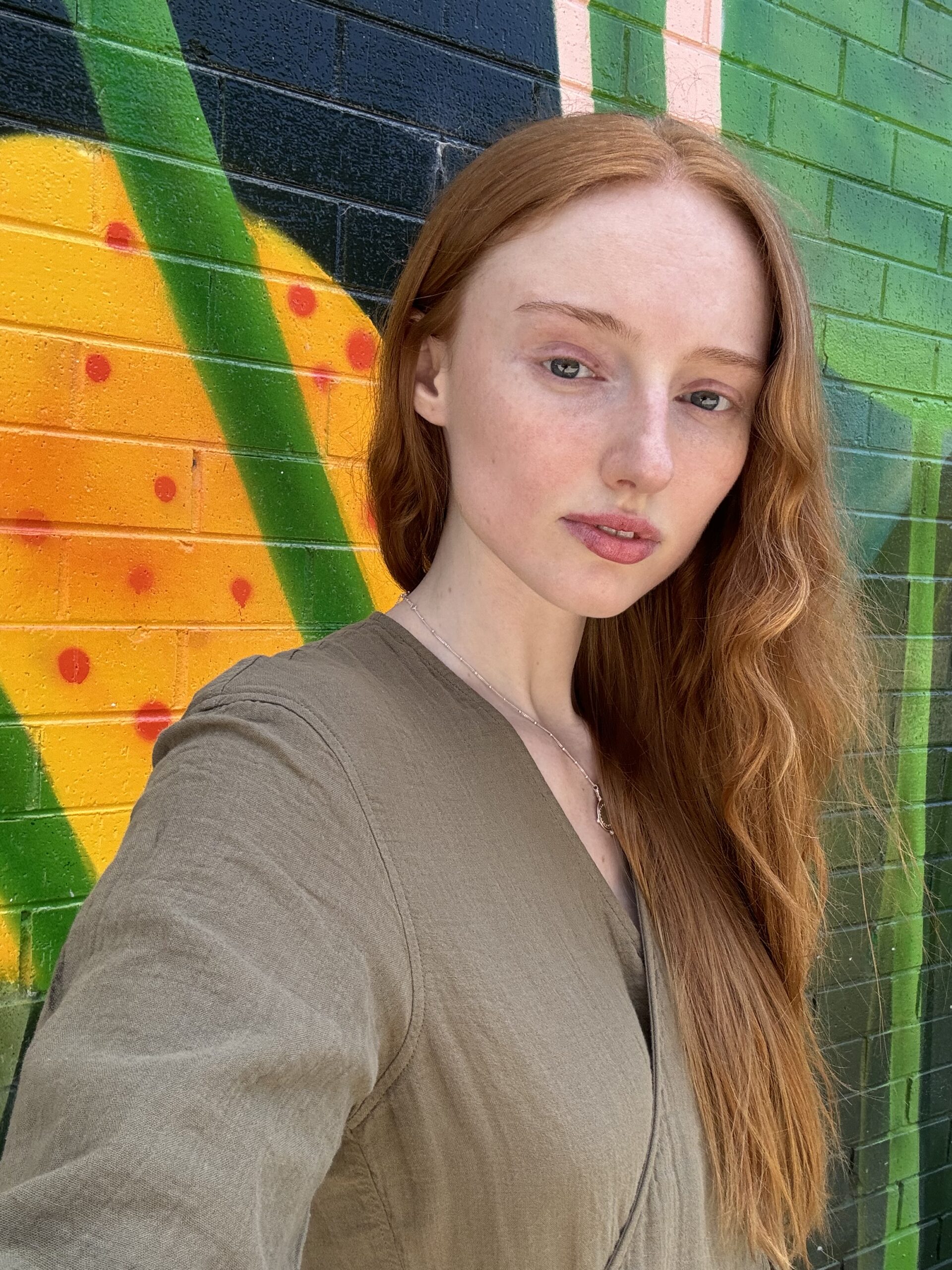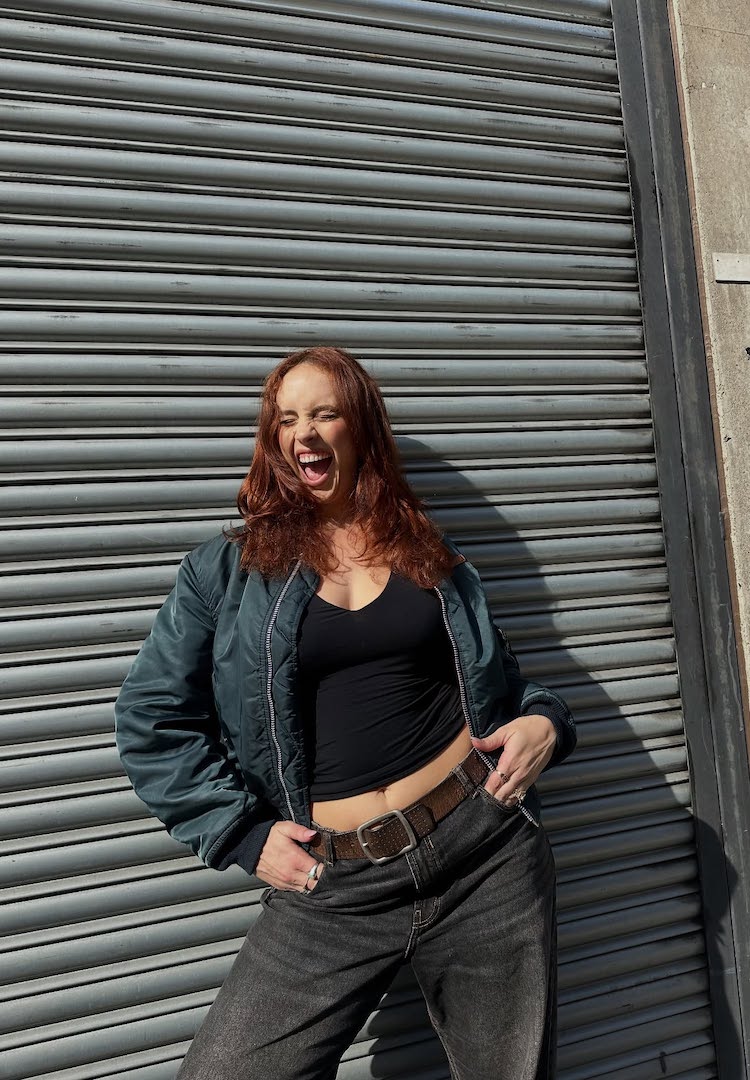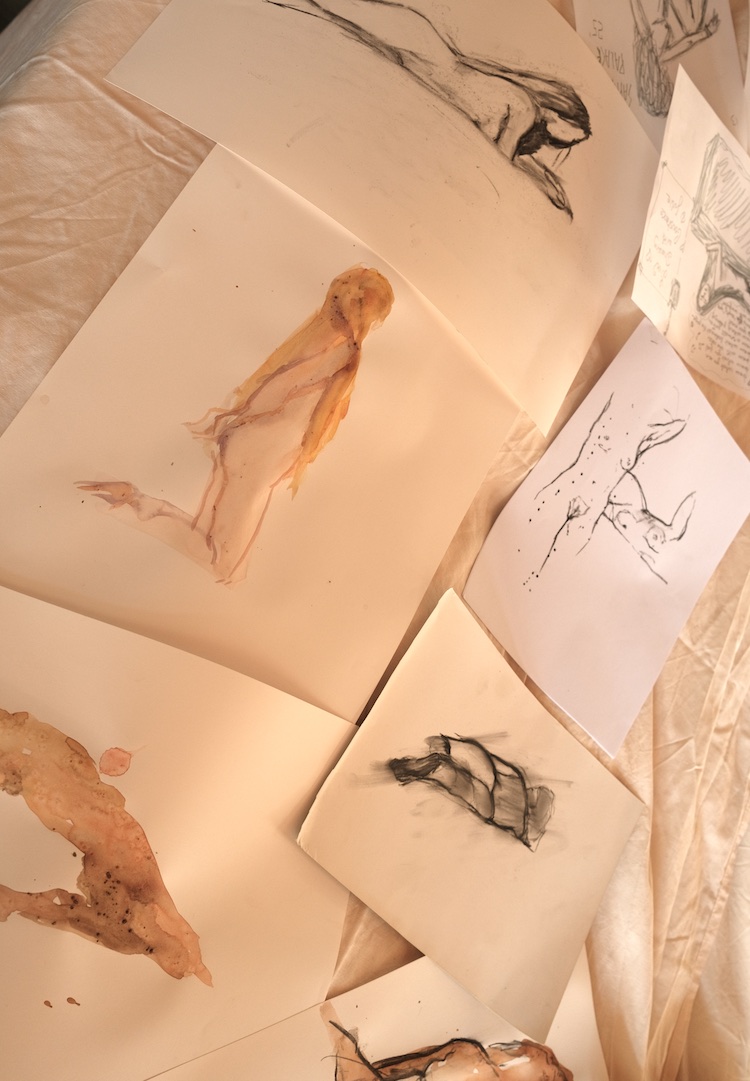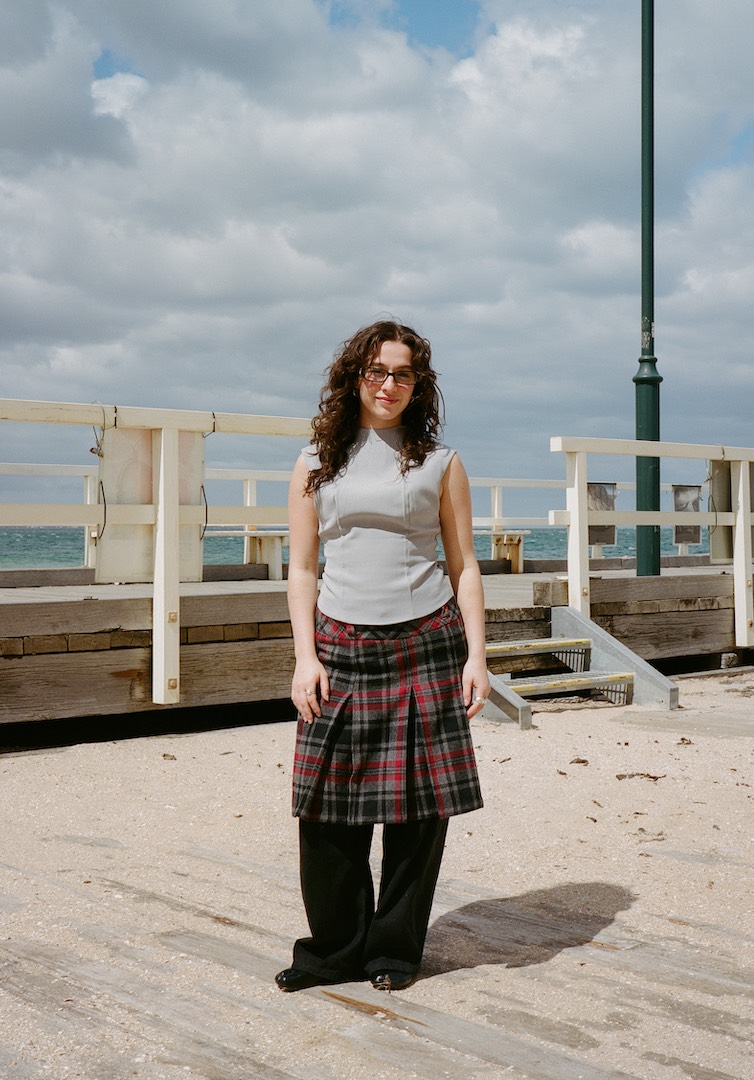As a model, here’s how I deal with strangers commenting on my body
Words by Maryel Sousa
“Everyone wants to know if there’s a secret to moving through life without letting words hurt you. Truth be told, I haven’t found it yet.”
‘Tis the season for swimsuits, Aperol Spritzes and unsolicited comments from family members about your body. Whether you’ve gained weight, lost weight or stayed exactly the same, everyone has something to say. Sometimes, these remarks are well-meaning, but that doesn’t take away the sting.
In the past year, we’ve giggled at jokes about Almond Mums, while also mourning the unrelenting diet culture of the ’90s and early aughts that moulded them. Most of us know that diet culture is a toxic, misogynistic construct, and many of us fight back by celebrating our bodies as they ebb and flow throughout our lives.
Looking for a new 9 to 5? Head to our Careers page for new listings daily.
Yet, after a decade of body positivity mantras, pop culture has taken a sharp turn, and thinness is unapologetically back in vogue. Just as we thought we’d escaped diet culture’s chokehold, we’re now bracing ourselves to hear about which celebrity has ‘let themselves go’ over Christmas dinner. Worst of all, we’re preparing to be subject to the same scrutiny ourselves.
I know better than most what it’s like to be on the receiving end of unwanted comments. When I was modelling, I felt at times like I was reduced to just a body to be examined, critiqued and discarded. People often ask what it’s like to live under that kind of microscope. Is it possible, they wonder, to maintain your sanity in such a ruthless environment?
I think they ask because (model or not) everyone wants to know if there’s a secret to moving through life without letting words hurt you. Truth be told, I haven’t found it yet.
My best advice is to accept that sometimes you will feel shit about yourself. It’s inevitable. People will cross your ironclad boundaries, your brain will play tricks on you in the poorly-lit fitting room and the camera will catch you at the least flattering angle. When that happens, no magic words will take away the pain.
A few weeks ago, I sat sobbing uncontrollably in the passenger seat of my boyfriend’s car as he tried – and failed – to soothe me. I’d been blinking back tears for hours after a friend from my modelling days made several unkind (though almost certainly unintentional) comments about my changing body.
She wasn’t wrong, per se. My body has changed as I’ve tried to let go of being the smallest in every room. I say yes to dessert after every dinner. I go to the gym to feel strong instead of to burn calories. I sold and replaced all my most beloved jeans after going up a size. For the most part, I had become okay with my new body, and just feeling ‘okay’ was enough.
Then, with just a handful of remarks from a single person, my confidence crumbled, leaving me with two choices: I could scramble to lose a few kilos, or I could change nothing at all. The former would mean missing out on date nights at my favourite restaurant, late-night laksa orders with friends, and freshly baked Christmas cookies from Mum. The latter would mean accepting discomfort, both in my skin and in releasing the deeply ingrained belief that I had to change to be valuable.
I decided to allow myself to feel uncomfortable for a while, and here’s why: Neither option was going to make me feel good, but only one could reconnect me with the habits that made me feel okay with myself in the first place. At first, going through the motions felt hollow, even a bit yucky. I didn’t get that usual dopamine hit from eating what I wanted or lifting heavier weights. But slowly, the joy returned.
The moments I felt most happy over the last few weeks have had nothing to do with how I looked and everything to do with what I got to experience. The people who have made me feel the most loved are those who couldn’t care less about my dress size.
Honestly, even at my lowest weight, while working in a career most only dream of, I wasn’t satisfied with my body, face or anything else about my looks. I cry over my appearance just as often now as I did five years ago. I will probably never experience the euphoria of unadulterated self-acceptance, and unsolicited comments about my body will likely always reopen old wounds. But that doesn’t mean I’m a failure, and neither are you.
If you’re lucky enough to live a long life, your body will change, too. Maybe one day you’ll get married, have a baby, get diagnosed with an illness or face any number of events that can change the way you see yourself. Concerned, careless or cruel comments about your body may roll in, making you feel like you’re not good enough. You may feel like you need to cut calories, inject your face or take part in whatever the hottest anti-aging trend of 2050 is.
And while there’s nothing inherently wrong with wanting to change, I’d implore you to pause. Discomfort is difficult, but temporary. No matter how thin, sculpted or beautiful you are, take it from me: chasing someone else’s definition of perfection is an endless pursuit that will never satisfy you. Happiness can only come when you view yourself in totality, with your body as a mere vessel for all of the more interesting things about you; your wit, your intelligence, your warmth. Your body may change, but these never will.
If you’d like to read about body neutrality, try this.













